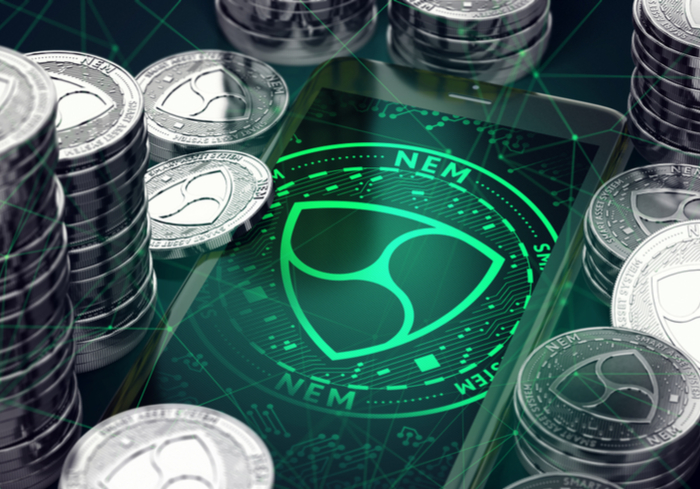Following the theft of $530 million in NEM tokens from Coincheck last week, governments will likely call for more cryptocurrency regulation and investors may turn to peer-to-peer (P2P) methods of trading instead of centralized exchanges, Bloomberg reported.
“The latest theft will have two immediate effects: more regulation by authorities over exchanges and more recognition of the advantages offered by decentralized ways of trading,” David Moskowitz, co-founder of Indorse Pte in Singapore.
Following the announcement of the hack, Japanese officials said they plan to investigate all cryptocurrency exchanges to detect potential security gaps, Reuters reported. Officials also said cryptocurrencies will likely become a talking point at the next G-20 international governments and central bank governors forum.
Japan’s Financial Services Agency (FSA) had introduced a licensing system for cryptocurrency exchanges in April 2017, but Coincheck was four months past a deadline for its license. Still, it was allowed to continue its operations and advertise on television as it waited for a decision from the regulator. Following the hack, the FSA ordered the exchange to submit a report detailing the causes and its response to clients by Feb. 13.
Though Coincheck has promised its investors will be partially reimbursed, market observers said worries over security lapses will likely continue. As a result, some investors may gravitate towards P2P trading methods — and not centralized platforms like Coincheck.
Coincheck lost $530 million in last week’s hack, which could very well be the largest heist in the history of cryptocurrencies. On Jan. 26, Coincheck said 500 million NEM tokens were sent “illicitly” out of the exchange. As a result, the exchange stopped withdrawals, non-bitcoin trades and deposits into NEM coins.
Advertisement: Scroll to Continue
After the incident, Coincheck said it would partially reimburse customers who lost coins in the hack. The approximately 260,000 affected customers will be paid back in Japanese yen at a rate of 88.549 yen per NEM. There was no word on when customers could expect to receive their payments, but they will be repaid via Coincheck Wallet.
Coincheck’s loss brings back memories of Mt. Gox, the now-defunct bitcoin exchange that shuttered in Feb. 2014 after a mysterious “glitch” caused $500 million worth of bitcoin to go missing. Those bitcoin — or at least most of them — have remained missing. The exchange itself eventually went bankrupt.




